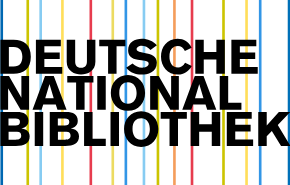THE PROBLEM OF THE “AMERICAN DREAM” IN F. SCOTT FITZGERALD’S THE GREAT GATSBY AND NATHANAEL WEST’S THE DAY OF THE LOCUST
DOI:
https://doi.org/10.55640/Keywords:
American Dream, ideal, search for meaning, society, illusion, chaos, selfishnessAbstract
This article explores the concept of the "American Dream" as depicted in the works of 20th-century American writers — F. Scott Fitzgerald and Nathanael West — examining its origins and its influence on literature, creativity, and the masses. The concept of the "American Dream" is revealed as a myth of a society based on "equal opportunities," invented to create and sustain national and social values. However, there is a darker side to this pursuit of self-realization: the ideology destroys the personality of honest individuals, who lose themselves in the relentless chase for wealth; an obsessive desire for material success can ultimately lead to a tragic downfall — what may be called an “American tragedy.”
References
1) Fitzgerald, F. The Great Gatsby. — Moscow: AST, 2020. – p. 246
2) West, N. The Day of the Locust. — Moscow: Inostranka, 2019. – p. 395.
5)https://ru.m.wikipedia.org/wiki/%D0%94%D0%B5%D0%BD%D1%8C_%D1%81%D0%B0%D1%80%D0%B0%D0%BD%D1%87%D0%B8
Downloads
Published
Issue
Section
License

This work is licensed under a Creative Commons Attribution 4.0 International License.
Authors retain the copyright of their manuscripts, and all Open Access articles are disseminated under the terms of the Creative Commons Attribution License 4.0 (CC-BY), which licenses unrestricted use, distribution, and reproduction in any medium, provided that the original work is appropriately cited. The use of general descriptive names, trade names, trademarks, and so forth in this publication, even if not specifically identified, does not imply that these names are not protected by the relevant laws and regulations.







